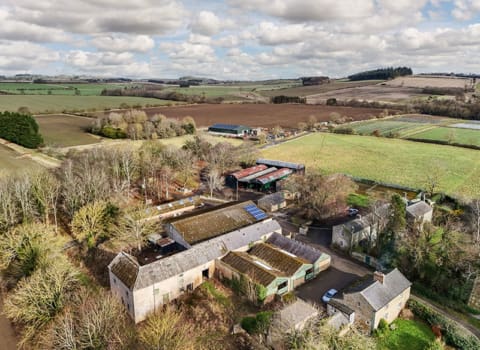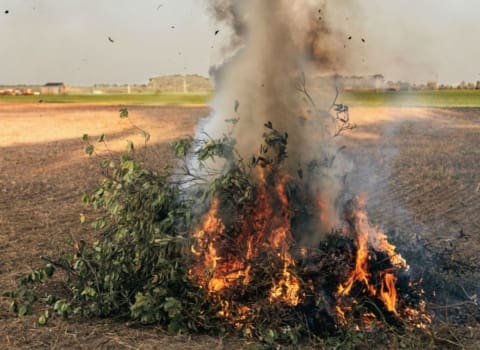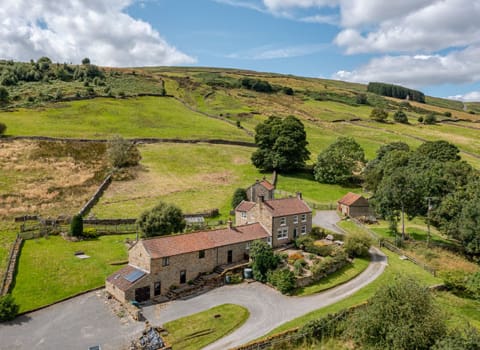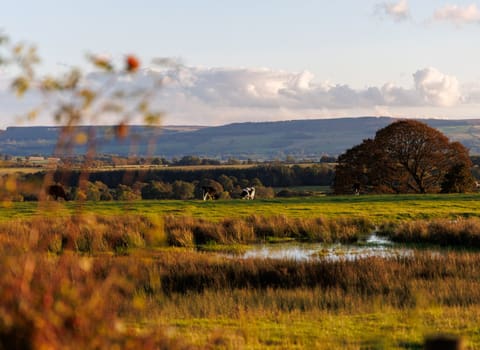Contact our offices
Main office
COLBURN
5 & 6 BAILEY COURT
COLBURN BUSINESS PARK
RICHMOND
NORTH YORKSHIRE
DL9 4QL
Estate Agency Offices are located in
BARNARD CASTLE, BOROUGHBRIDGE & RICHMOND
Residential Management Team
Our Offices
- Alnwick
01665 568310
Email Officealnwick@gscgrays.co.uk - Barnard Castle
01833 637000
Email Officebarnardcastle@gscgrays.co.uk - Boroughbridge
01423 590500
Email Officeboroughbridge@gscgrays.co.uk - Chester-Le-Street
0191 3039540
Email Officechester-le-street@gscgrays.co.uk - Colburn
01748 897630
Email Officecolburn@gscgrays.co.uk - Driffield
01377 337180
Email Officedriffield@gscgrays.co.uk - Hamsterley
01388 487000
Email Officehamsterley@gscgrays.co.uk - Hexham
01434 611565
Email Officehexham@gscgrays.co.uk - Kirkby Lonsdale
01524 880320
Email Officekirkbylonsdale@gscgrays.co.uk - Penrith
01768 597005
Email Officepenrith@gscgrays.co.uk
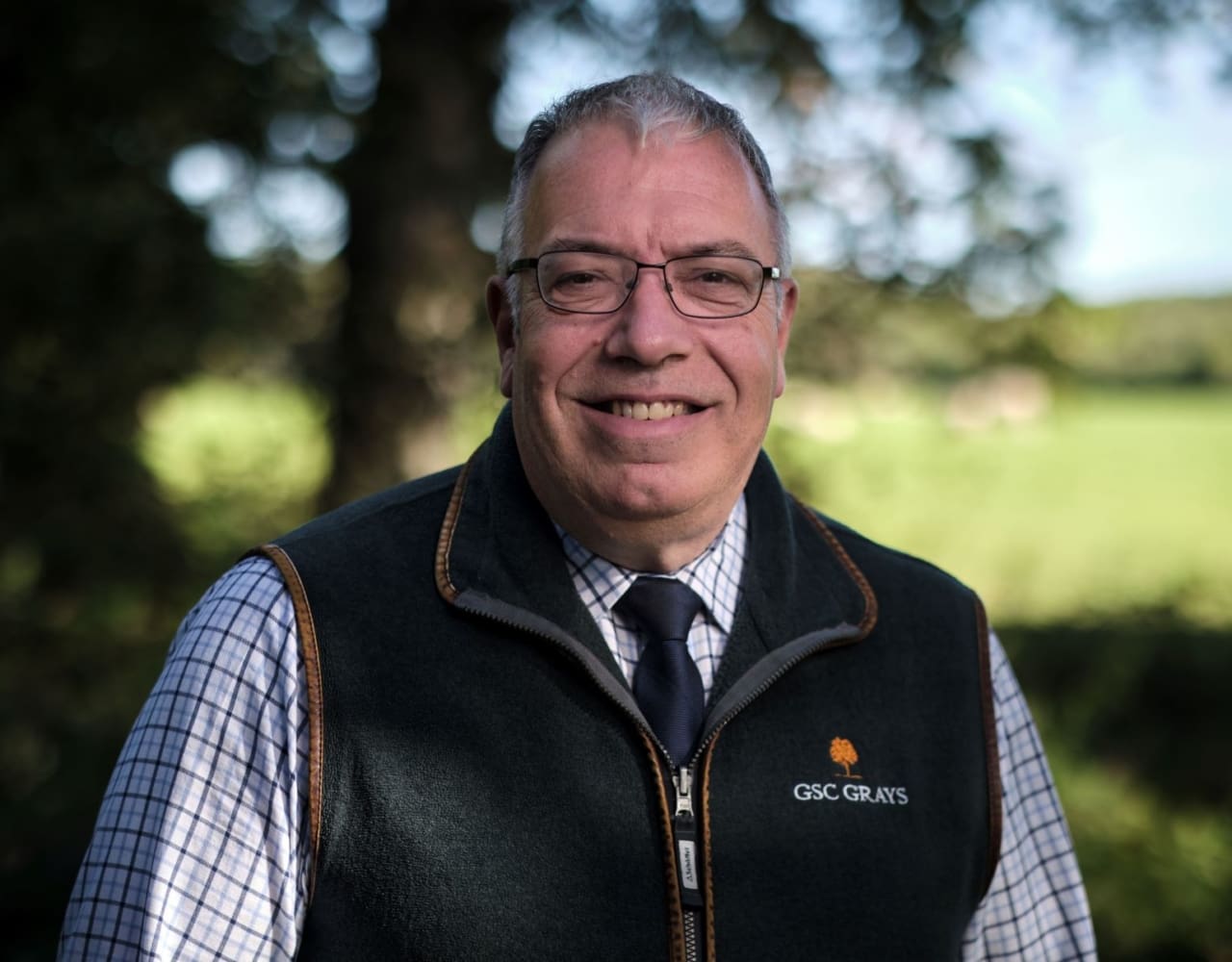
Less flex for farmers in new expanded 2024 SFI offer
There are winners and losers in the newly announced Sustainable Farming Incentive (SFI) options, but it is clear that the 2023 scheme offered more opportunities for farmers, according to Robert Sullivan, Head of Farm Business at GSC Grays.
Details of the 2024 SFI offer have finally been released in a 366 page document and farmers who secured their applications under the 2023 regime will benefit from greater flexibility and the opportunity to ‘top up’ with the new options coming in September.
The offer will be open to expressions of interest from this month and for the first time, there is no requirement to have been a Basic Payment Scheme (BPS) claimant. SFI 2024 agreements will last for either three or five years, depending on the length of the longest-term action.
Robert Sullivan believes farmers need support now more than ever, despite the schemes intention to be easy for farmers to manage: “Given the increasing complexity and frequent changes in the scheme, farmers need to stay informed and adapt accordingly.
“It is crucial for farmers to seek advice and thoroughly review the detailed guidance to navigate the 102 available actions effectively. There are 23 new actions, 22 are carried over from the 2023 scheme with 57 progressing from Countryside Stewardship (CS) mid-tier.
“The complexity of the process demands careful planning to avoid pitfalls and ensure compliance. Defra has confirmed that CS higher-tier will continue as a standalone scheme within Environmental Land Management (ELM) and holders of existing mid-tier and higher-tier CS agreements can end their agreements early. The launch of the no-till and precision farming options are also significant developments. Under the expanded scheme farmers can select any combination of SFI actions if their land (or landscape feature) is eligible. Each action sets out which other actions you can do on the same area of land.
The SFI 2024 offer:
The expanded 2024 SFI offer, open for applications from 22nd July, introduces several new actions and some significant changes:
- SOH3 (Summer Cover Crops – £163/ha): Must be sown from June to August and cannot be grazed or harvested, except for destruction no earlier than two weeks before sowing a cash crop.
- WBD1 (Management of Ditches – £4/100m): Ditches can be cleaned no more than once every three years, with only 50% vegetation removal annually.
- BND1 (Maintenance of Dry Stone Walls – £27/100m): Walls must be maintained in good condition throughout the agreement period.
- PRF1 (Variable Rate Application of Nutrients – £27/ha): Benefits those using variable rate technology for fertiliser application.
- SOH1 (No-Till Establishment – £73/ha): Non-rotational action allowing low-disturbance cultivation under specific conditions.
The new offer does come with reduced flexibility and more stringent management requirements including:
- CSAM3 (Herbal Leys – £382/ha): Fertiliser rates limited to 40kgN/ha and must remain in place for three years, with flowering plants produced from late spring through summer.
- CNUM3 (Legume Fallow – £593/ha): Now non-rotational, limiting its use as a break crop.
However, there are benefits to the new scheme as Robert Sullivan explained “Despite some constraints, the integration of Countryside Stewardship (CS) agreements into the SFI is a positive development. It offers shorter year agreements and improved cash flow, especially beneficial for tenant farmers. Additionally, the expanded eligibility to include those not previously eligible for BPS is a welcome change.
“With a General Election on 4th July, further changes in agricultural policy may be on the horizon. Farmers should remain alert and be prepared for additional adjustments in the farming sector that were previously protected under the Common Agricultural Policy (CAP).”


